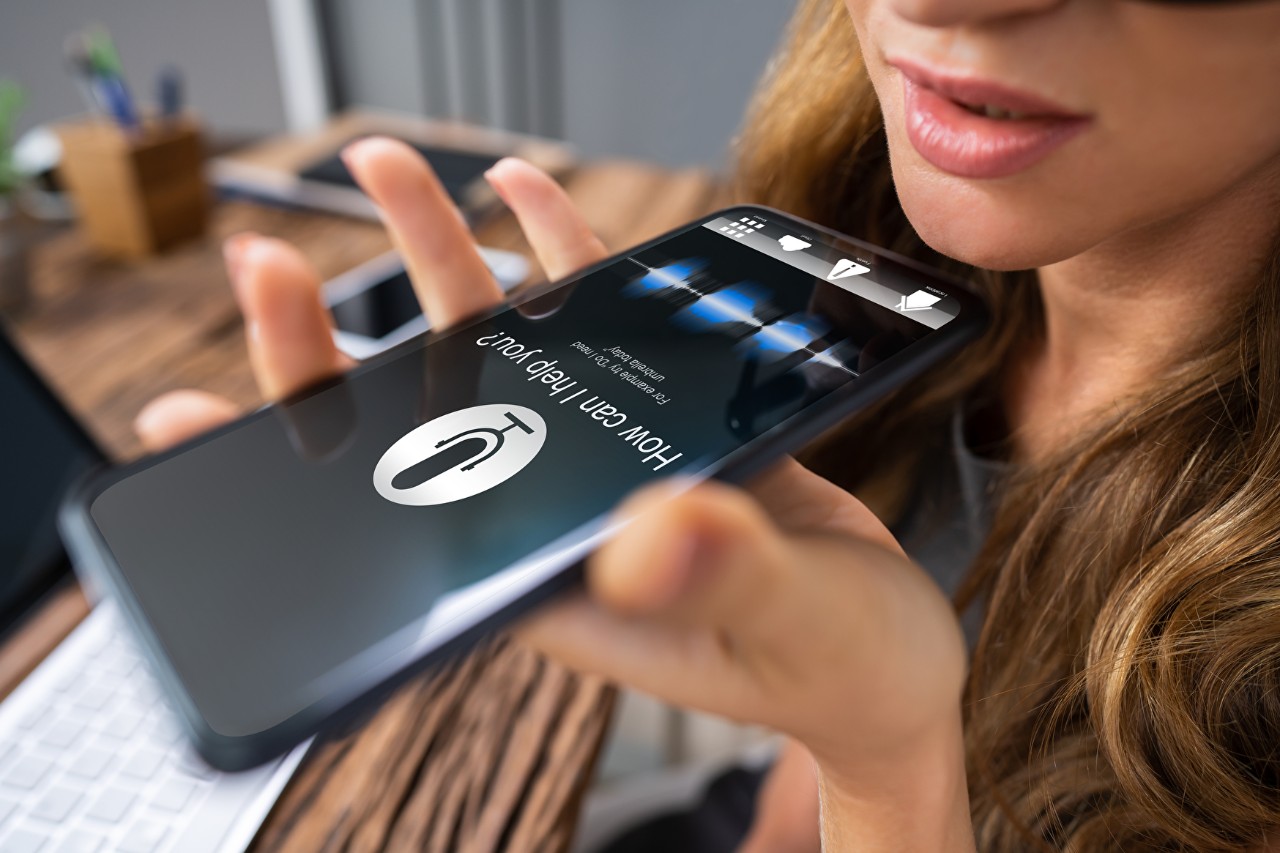“Hello, you are speaking to the DKV's voice assistant": Customers to Health Services in Germany have been greeted on the phone by a friendly robot voice since the summer of 2020. ERGO reveals how well the virtual employee is getting on – and how it can be further improved.

“Hello, you are speaking to the DKV's voice assistant": After this warm welcome, since August 2020 customers to the DKV, one of the biggest private health insurance providers in Germany, can now choose whether to obtain the current status of their request directly from the chatbot without a waiting time, or to be connected to a DKW operative.
This service is very well received: customers are opting for the innovative dialogue with the chatbot, explains Kai-Gido Ebers , the responsible Divisional Manager in Health Service Customer Service. The chatbot is integrated into the DKV phone system and can access relevant systems to provide customers with the information they require.
However, a crucial factor in this: “These voice assistants are not intended to place our customers under duress, but rather provide an additional digital service,” stresses Nicolas Konnerth, who, as Head of Voice & Conversation, is responsible for voice assistants at ERGO: “Customers can decide for themselves whether they would like to wait for the next free operative or make use of the shortcut provided by the chatbot instead.”
Kai-Gido Ebers adds: “At the customer’s request, the chatbot can be transferred to human colleagues for qualitative consultations or in the event of difficulties in understanding. This lets us quickly help customers at all times." ERGO also benefits by taking routine enquiries away from employees.
"We are continuously training the chatbot to persuade even more customers about our new service,” explains Kai-Gido Ebers, and goes on to list the following examples:
The implementation team is continuing to develop new message versions. We are trying out new wordings to encourage more callers to say "yes" if the chatbot offers them time-saving information by phone.
By analysing anonymous usage data, the project team is acquiring key findings as to where the voice assistant still needs to be improved. Based on these evaluations, the dialogue has been improved for customers who have submitted more than one request.
The detection of data input has also been optimised. The chatbot can therefore ask the caller for their date of birth. However, if this information is only partially recognised, the chatbot can now address this and ask again for the missing information. For instance, the virtual colleague might say: “I understand that your birthday is on 11 January. Please repeat the year.”
The department is now working on a completion forecast, which will predict more precisely the processing time of a service request (target date for completion). This additional capability should help to ensure that even more customers opt to talk to the virtual colleague without incurring a waiting time.
Another bot is also planned for this quarter to provide callers with the correct method for submitting documents, i.e. the relevant e-mail address, fax number or postal address. At the end of the conversation, the bot also refers the customer to the “My Insurance” section and the “Customer” area of the DKV homepage.
Text: Ingo Schenk
Most popular